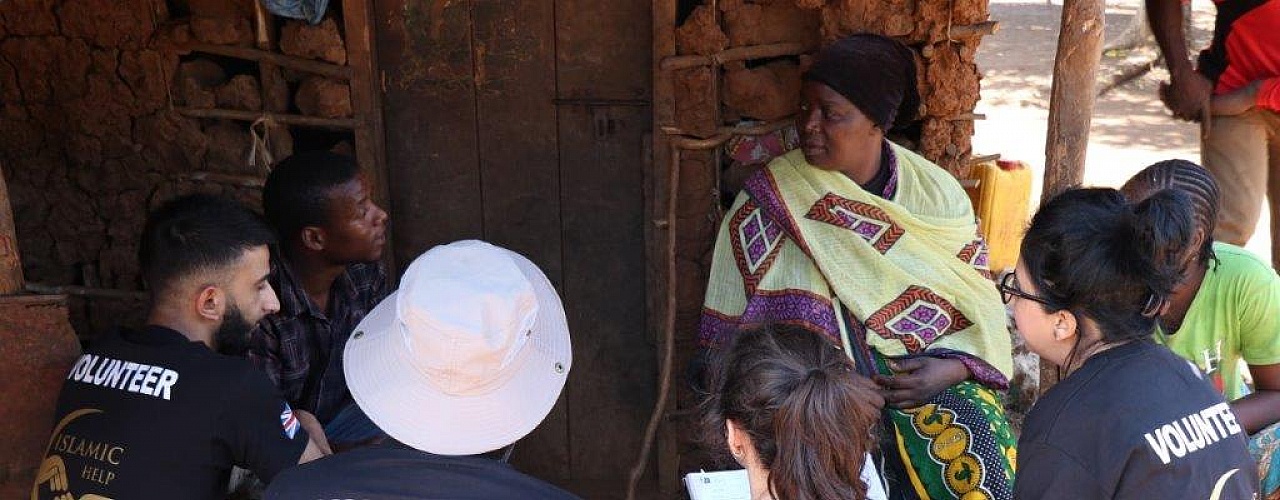Mission Possible 2017 blog: The Cheers That Drove Us On
Mission Possible 2017 blog: The Cheers That Drove Us On
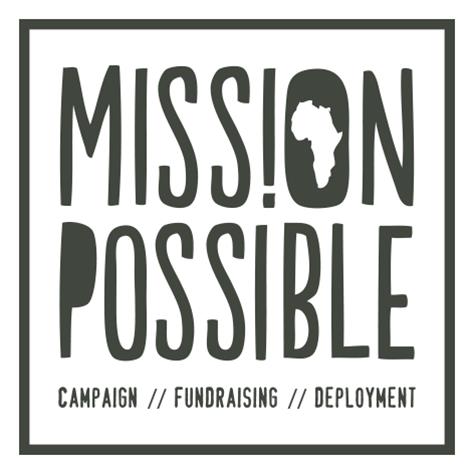
A 10km trek to fetch water on a blisteringly hot day is a daily chore for the people of Tanzania. For our Mission Possible volunteers in Team Bravo - Yasir Shah, Naveed Akhtar, Muhammad Tasadiq, Aqeel Abbasi - it needed those local people to inspire them into completing this arduous task.
Day 1
On the evening of the day of our arrival in Tanzania, we were briefed on Mission and what to expect for each day. We woke up early (despite the long journey the day before) and had our buffet breakfast. It was a proud moment to finally put on our MP uniforms and set off for the village of Mtango.
The journey was bumpy but fun. As we arrived, we were shocked to be greeted by the whole village waiting for our arrival. When we arrived at the school, the students and locals quickly formed a circle and there were 13 empty seats waiting for us.
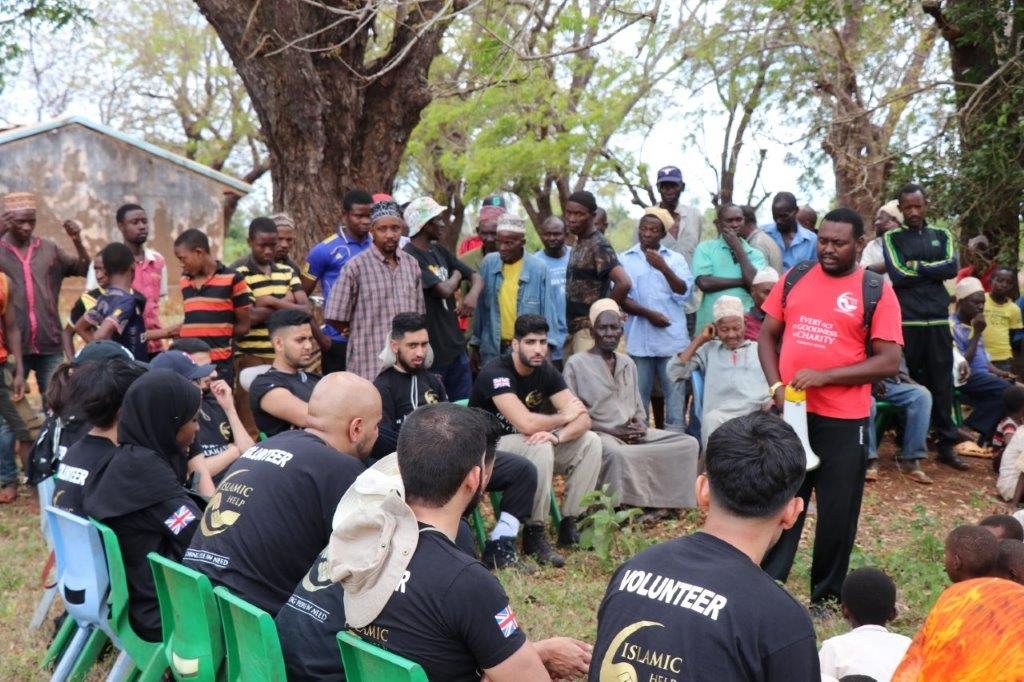
The translator explained the situation to the locals and then to us. We then were introduced to the village chief - the head teacher – the head boy and girl, and the local shaykh.
We then introduced ourselves one by one, and after this we were thanked many times by the community officials. The students sat on the floor in front of us, dressed in torn, ripped, dirty, purple uniforms. At this stage, our journey felt as if it had officially begun.
After the greetings, we were given a full set of bikes with two 25-litre canisters attached to the back of the seats. This was our 10km ‘water trek’.
We walked with the bikes to the water source and along the way saw some homes which looked no stronger then tents. The heat was starting to come over us and 45 minutes later, after many rights and lefts, hills, and bumpy terrain we found the water source. It was hidden behind a hill and some tree and bushes.
The diameter of the water source was no bigger than 1 meter – our expectations were as if we were going to a river the size of Thames – and it felt as if once we had filled our water canisters there would be no water left in the ‘puddle’. We all took turns to fill the cans - we saw insects and frogs in the water and a few times when using the jug to fill the cans, tadpoles were getting caught.
We then had the job of attaching the full cans back to the bikes. This took some effort as the heat was getting more unbearable and the sweat now started to show through our uniforms. The weight of the bikes had now quadrupled and the hills felt so much steeper and the bumps felt even more like mini-hills.
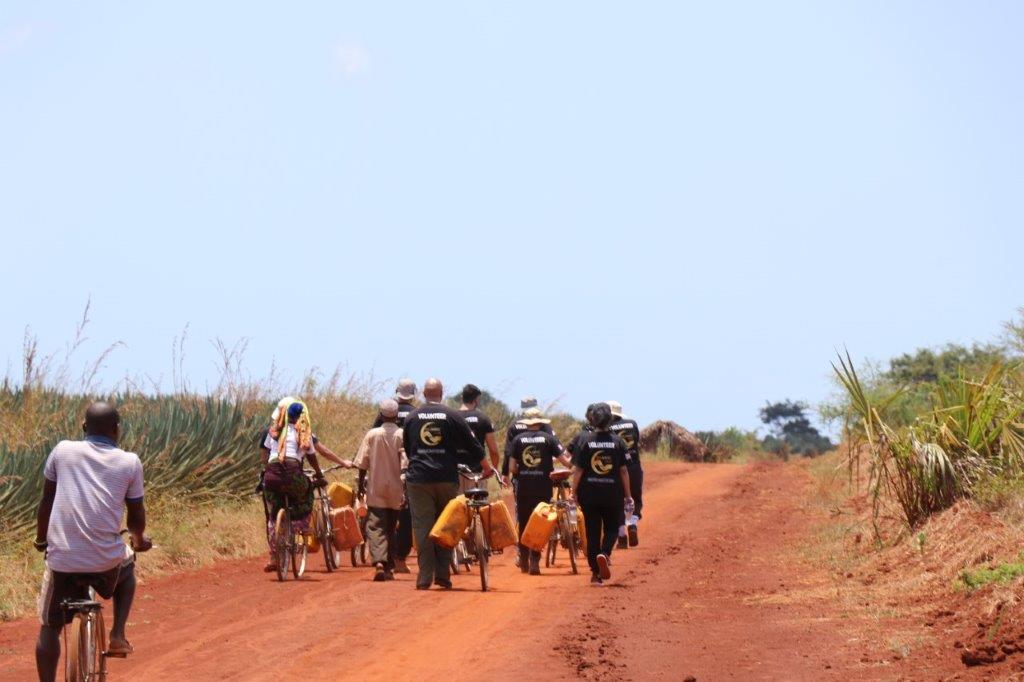
The journey back was so much harder than the journey there. The locals were cheering us on but the destination seemed so far, time was going so slowly and the speed we were travelling at had also slowed right down.
All we could think about was our own lives and how we use water and how all we have to do is walk a few steps and either lift or twist a tap - yet here we were, travelling, sweating and suffering for dirty water.
This provided us with the mental strength to fuel us on this extremely difficult journey. Words cannot describe how hard this task was for us.
We had seen women and children do this same journey on the day we landed and thought not too much of this. But at this stage we were so confused about how the women and children could do this on twice a day, every day.
We eventually got back to the finish line, the school. We were greeted with oranges and fresh coconuts, the oranges tasted like the best oranges in the world and the fresh coconut water was quenching our thirst and we quickly finished the refreshments without even paying too much attention to the hundreds of villagers sitting directly in front of us.
We then were greeted with singing and dancing by the local community. This felt more fun for them and they seemed really pleased with our presence. We, at this stage, were so exhausted but the oranges and coconuts really helped. The fact that the locals have nothing to live off themselves and for them to be so happy to offer us such scarce food was overwhelming and they were more than happy that we accepted their offerings.
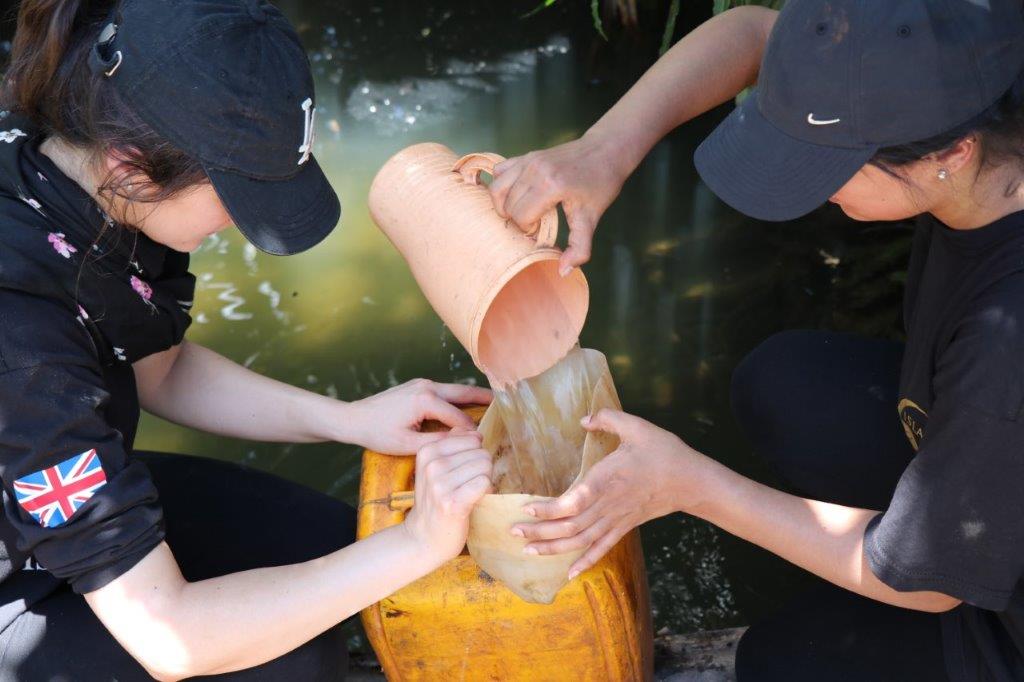
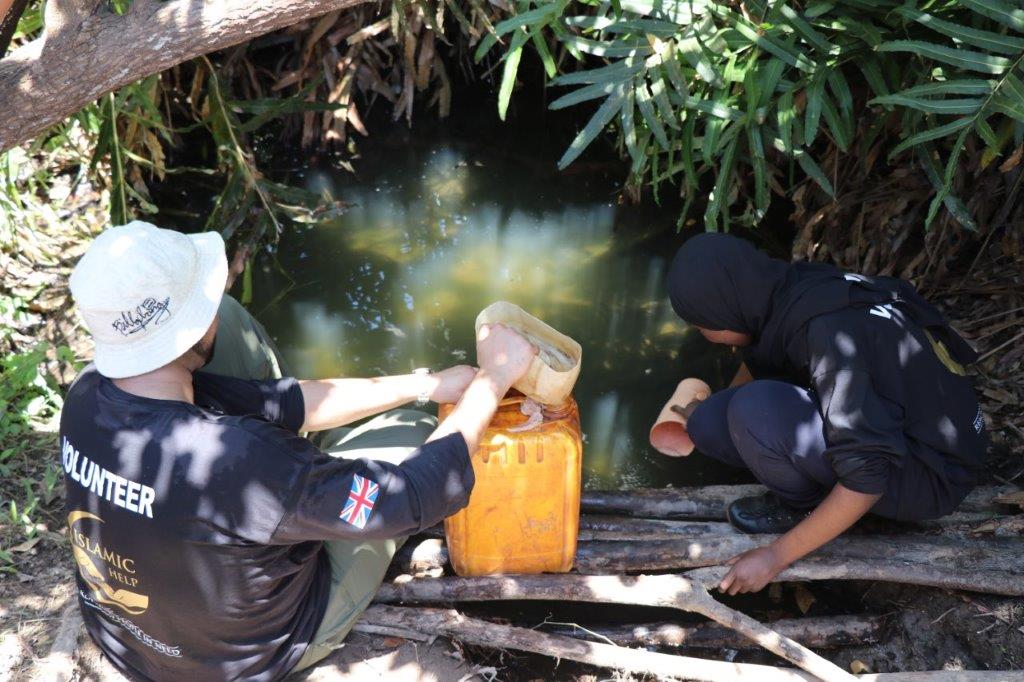
The second and last task of the day was the CPA (Community Participation Assessment), where we questioned the locals in regards the various topics. We asked them about their daily routines, the history of the village, a seasonal calendar and the village map which gave us an insight into what day-to-day life was like for them.
It was very educational to see where the village had started from and what it has achieved on the way to being what it is now, and how we can help make the villagers’ lives a bit more comfortable. Their daily life starts with going to get water and we also learnt that women often do most of the work as opposed to men. After the CPA we came back to our hotel and we freshened up and then had a reflection session with the rest of the group where our personal experiences from the day were shared.
Day 2
After breakfast, it was back to Mtonga where we did a survey. We visited 3 families, the first of which had an elderly bed-bound man who was in pain due to spinal and pelvic problems. He also had a urinary problem which has never been treated and causes him pain continuously.
The second family was a single mother with 4 kids, who was trying to provide for them by weaving mats. She was acting as both the mother and the father to her children. The last family we visited was a disabled man who had 7 kids and 8 grandkids and provided for them through his business where he hand-made coconut carving devices using tools which he made himself.
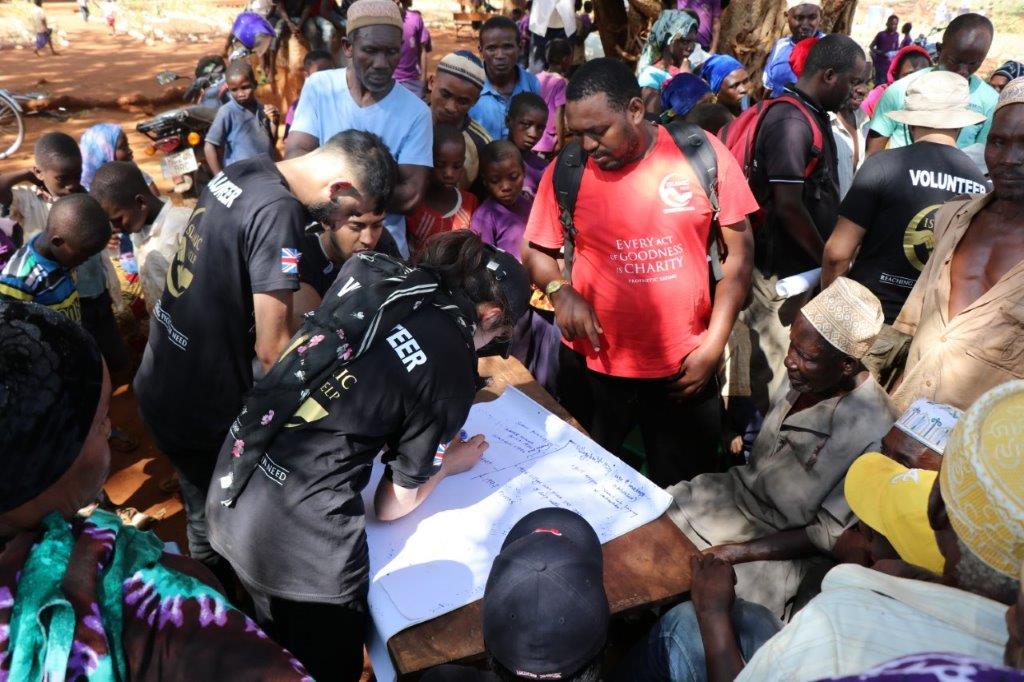
We then went to a school which was in need of renovation. There, we helped with levelling the ground with rocks which was then going to be cemented over to create the floor of the school.
We then helped mix the cement mixture and helped reinforced the walls, with the cement ready to be painted in the future. We then went to see a well which was being dug up by one of the other teams with us on the deployment and helped dig the well with the team of workers that were already there.

